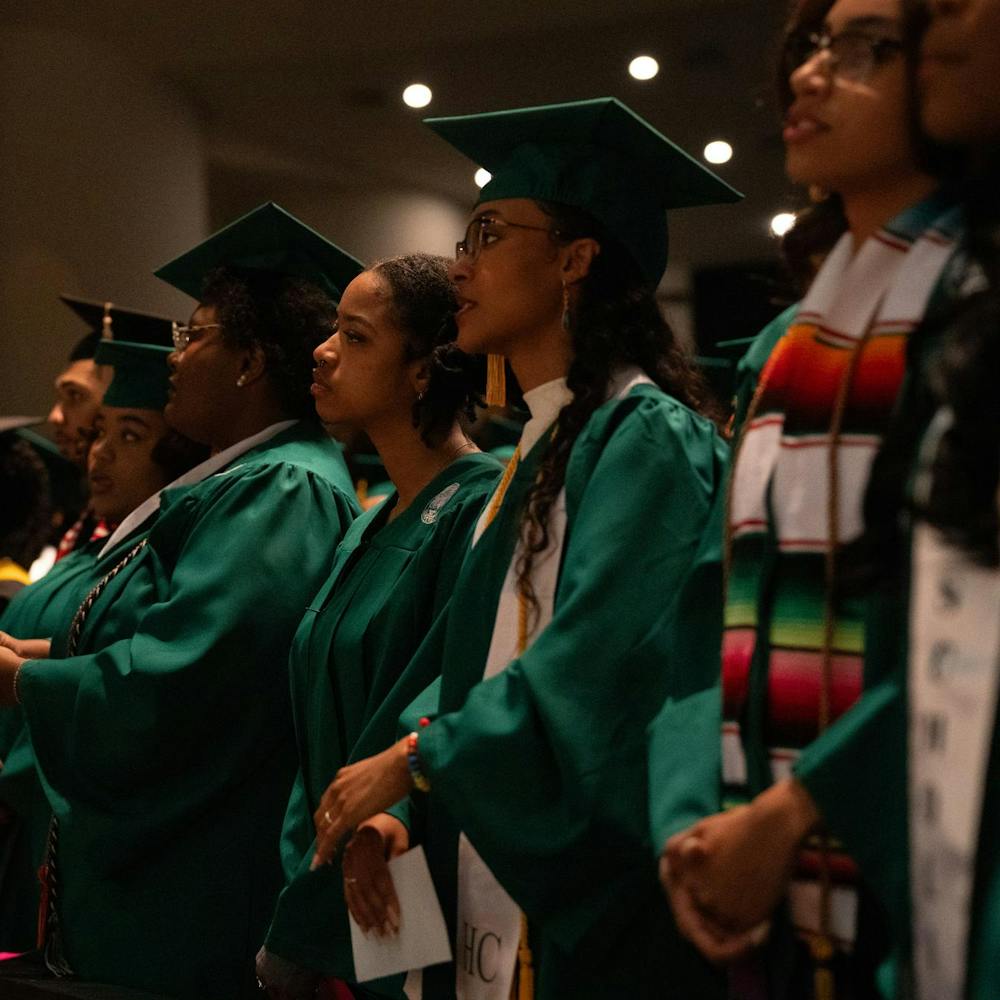For the duration of welcome week, the line at the Spartan Bookstore extends all the way through the store and spills out into the halls of the International Center. The beginning of a new semester typically means emptying wallets to keep up with class requirements.
It is no secret that book prices are rising. Many students at MSU have grown tired of paying hundreds of dollars for their textbooks each semester.
“(Textbook companies) aren’t doing students any favors,” supply chain junior John Etienne said. “They put out a new edition every single year, and of course the professor wants you to have the newest one.”
With most students taking between 12 to 18 credits per semester, purchasing textbooks can add up. While studying budgeting trends in higher education, the College Board determined that the average college student will spend $1,200 on books per year.
Searching for cheaper options
Students have turned to the Internet to seek cheaper alternatives to the expensive bookstore prices. At MSU, several Facebook and Craigslist groups have been organized for students looking to trade or sell their used books.
“It depends on the book, but they are almost always cheaper online,” Janelle Allen, a veterinary technology freshman, said. “Especially when you can find them used.”
Online retailers like Amazon and rental services such as Chegg and Neebo have seen increased traffic from students in the past decade, as have companies offering e-textbooks and other digital supplements.
Many digital textbooks can be optimized for reader devices such as iPads and Kindles. These tablets can also integrate other software for interactive presentations and videos.
In 2010, digital textbook sales only accounted for 1.5 percent of the textbook market. However, the number is rapidly growing and is projected to continue through the foreseeable future. Pearson Higher Education reported in 2013 that direct sales of their online supplements accounted for 50 percent of their revenue — a total of $8.8 billion.
Going digital
The popularity of online sources for books is eliminating the need for some students to even enter a bookstore when looking for their required readings. To combat that and draw students in during welcome week, campus bookstores adopted new advertising practices and offered more enticing deals on books.
The Student Book Store, located at 421 E. Grand River Ave., set up tents on the sidewalk and offered refreshments and free gifts to students and families walking by. The rush of students looking to get their supplies before classes start prompted several stores to extend their hours, staying open from 9 a.m. to 10 p.m. Entering the store during one of these busy days makes it clear that the demand for books and supplies is still as high as ever. Stores were packed wall-to-wall with lines wrapped around the outside of the building.
The steady rise of students using e-text and digital textbooks has done nothing to harm business in the store, Student Book Store manager Larry Irish said.
If anything, both students and bookstores have benefited from the changing landscape of online learning supplements, Irish added.
In the past when students were required to use digital resources for their courses, they would have to buy the online code packaged with a brand-new textbook that added another $50 or $60 on average. Irish said in the past five years, the availability of online access codes has increased and more codes can now be packaged with rental textbooks or purchased on their own to save students money.
With textbook prices being as high as they are, more professors are using digital texts as a cheaper option than traditional hardcover books, Irish said.
However, some students are skeptical of the idea of paying for digital content.
“The online coursepack is Saran wrapped onto the book,” said Tyler Pashigian, civil engineering junior, as he pointed at his textbook, frustrated. “I had no choice but to buy it brand-new.”
Changes in the classroom
Support student media!
Please consider donating to The State News and help fund the future of journalism.
These shifts in education methods are also reflected in MSU classes.
Electrical and computer engineering Professor Greg Wierzba said he is open to the idea of online learning.
“Books don’t have space for renovations,” Wierzba said. “I created (my) e-books and I can very easily make a new version every semester.”
Instead of distributing the course content from a traditional publisher, Wierzba made the material available for purchase through the website CircuitLava.com, an online marketplace.
“I wanted to have some way to make the (material) available forever,” Wierzba said.
In his circuits and systems class, one of the students’ first assignments was to purchase and print the receipt for a set of online lecture notes. Included in this digital material are old tests and homework problems designed to help students master the material.
The required coursepack can be purchased by itself for a cost of $20 — a hefty price drop compared to the $200 textbook.
In the digital age, some students have turned to other methods to obtain their books. All the material from a digital textbook, including copyright information, can be copied and put on an unofficial website. Professor Wierzba hopes that by giving homework credit for purchasing his e-books, students get the cheapest access to helpful material and he can breakeven on the production costs of his text.
“I’ve had a hard time fighting the piracy, but I’ve figured out a way to give people a reward for not stealing it,” Wierzba said.
An abundance of resources
With the increase in prevalence of digital text and e-books, illegal copies of these materials are being shared online and downloaded by means of illicit peer-to-peer, or torrenting, sites.
The fines for illegally sharing copyrighted material can cost students thousands of dollars in court fines and the offender might end up serving time in jail.
But there are also cheaper, legal alternatives available to students who are stressed out about getting textbooks.
Students with an MSU library account have a vast collection of digital books available to them as well. Electronic versions of textbooks are uploaded in chapter-by-chapter PDF format and students with their own computers or e-reader device can download them through an Ebrary account. The MSU Health Sciences Digital Library has one of the largest catalogs in the MSU library system with more than 68,000 digital books.
The increasing popularity of digital resources and electronic readings can be helpful for students dealing with the high cost of textbooks. As more professors use new forms of online textbooks, currently enrolled students are the first test subjects for what many industry experts claim may be a revolution in education.
Discussion
Share and discuss “Turning a new page” on social media.







